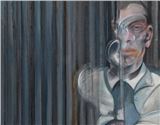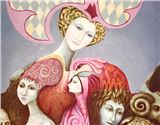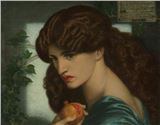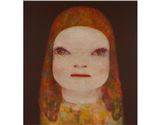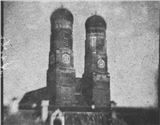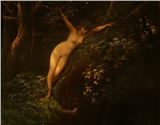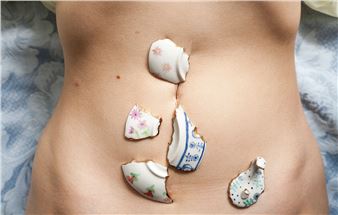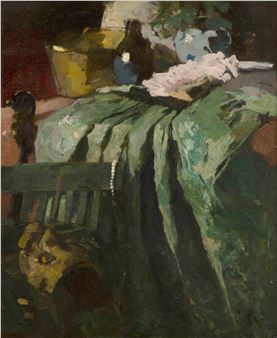Women's Palette 1900 - 1950
Women's Palette presents the groundbreaking work of twenty-four Dutch women artists who lived and worked in the vanguard of modern art during the first half of the past century. Over a hundred works by, among others, Charley Toorop, Lou Loeber, Else Berg, Jacoba van Heemskerck, and Charlotte van Pallandt will come together at the Kunsthal. What binds these artists is that they were all ambitious and talented women with a penchant for innovation. The exhibition not only sheds light on their work, but also on their lives, showing what choices they had to make and which opportunities and obstacles they encountered on their paths.
The exhibition places the work of these artists in the context of its time and shows the (im)possibilities they had to deal with in a male-dominated artworld. Women were only allowed to attend art academies from 1871, and it would take another twenty-five years after that before they were also allowed to paint after nude models. Despite the restrictions, many women still managed to carve out a niche for themselves in the company of their male colleagues. Charlotte van Pallandt, for instance, was one of the first women artists to focus on sculpture and is now regarded as one of the leading Dutch sculptors of the twentieth century. And Lotti van der Gaag was a fully-fledged member of the Cobra movement, even though this was only acknowledged many years later.
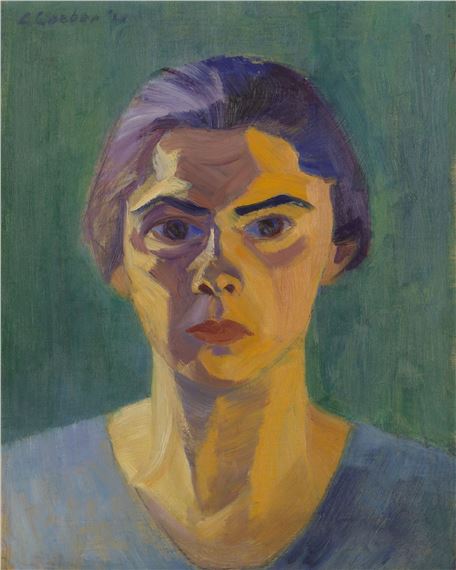
Recommended for you
Women's Palette presents the groundbreaking work of twenty-four Dutch women artists who lived and worked in the vanguard of modern art during the first half of the past century. Over a hundred works by, among others, Charley Toorop, Lou Loeber, Else Berg, Jacoba van Heemskerck, and Charlotte van Pallandt will come together at the Kunsthal. What binds these artists is that they were all ambitious and talented women with a penchant for innovation. The exhibition not only sheds light on their work, but also on their lives, showing what choices they had to make and which opportunities and obstacles they encountered on their paths.
The exhibition places the work of these artists in the context of its time and shows the (im)possibilities they had to deal with in a male-dominated artworld. Women were only allowed to attend art academies from 1871, and it would take another twenty-five years after that before they were also allowed to paint after nude models. Despite the restrictions, many women still managed to carve out a niche for themselves in the company of their male colleagues. Charlotte van Pallandt, for instance, was one of the first women artists to focus on sculpture and is now regarded as one of the leading Dutch sculptors of the twentieth century. And Lotti van der Gaag was a fully-fledged member of the Cobra movement, even though this was only acknowledged many years later.
Contact details


 ARTISTS
ARTISTS
